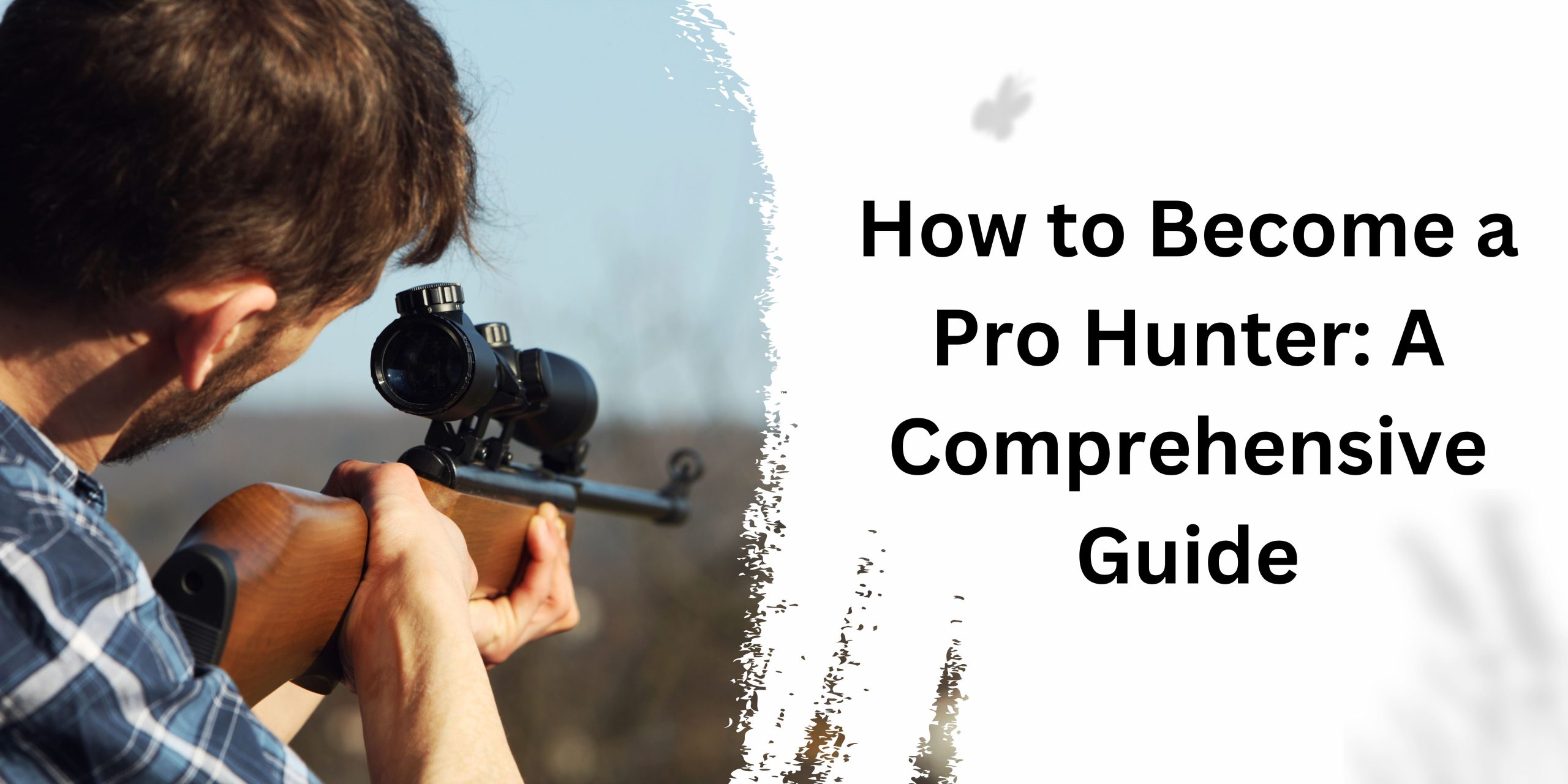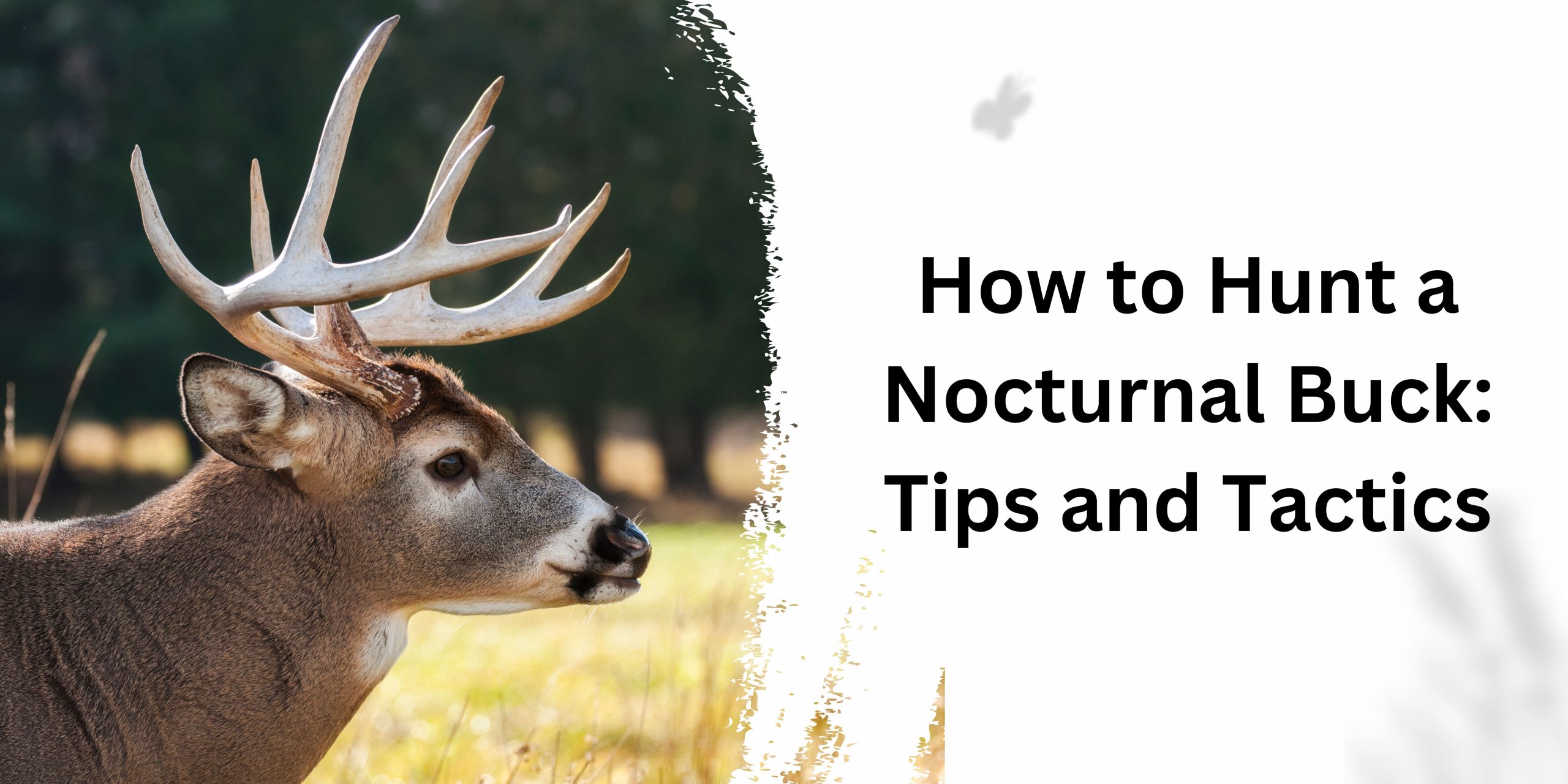Hunting raccoons at night without dogs can be an exciting and rewarding endeavour. Whether you’re a seasoned hunter or new to the sport, there are several effective techniques and strategies you can employ to track down these elusive creatures under the cover of darkness. In this guide, we’ll explore various methods, essential equipment, and expert tips to help you become a successful raccoon hunter without the aid of dogs.
Understanding Raccoon Behavior and Habitat
Raccoons are nocturnal creatures, meaning they are most active during the night. To effectively hunt them without dogs, it’s crucial to understand their behaviour and habitat. Raccoons are highly adaptable and can be found in a variety of environments, including forests, marshes, urban areas, and farmland. They are opportunistic feeders, often scavenging for food near water sources or human habitation.
Scouting for Signs
Before embarking on your raccoon hunting expedition, spend some time scouting for signs of raccoon activity in your chosen hunting area. Look for tracks, droppings, and evidence of feeding, such as overturned trash cans or raided bird feeders. Pay attention to areas with dense vegetation, as raccoons prefer cover and may use it to travel undetected.
how to hunt raccoons at night without dogs (step by step)
To hunt raccoons at night without dogs, follow these step-by-step instructions:
- Scout the Area: Begin by scouting the hunting area during the day to identify signs of raccoon activity, such as tracks, droppings, and feeding areas. Look for locations near water sources, forests, or urban areas where raccoons are likely to frequent.
- Choose Your Hunting Spot: Select a strategic hunting spot based on the scouting information. Look for areas with dense vegetation, natural cover, or near known raccoon travel routes. Consider factors such as wind direction and proximity to potential food sources.
- Prepare Your Gear: Gather all necessary equipment for nighttime raccoon hunting, including a firearm or archery equipment, night vision or thermal imaging optics, calls, decoys, and scent control products.
- Check Regulations: Before heading out, familiarize yourself with local hunting regulations and ensure compliance with all applicable laws. Pay attention to hunting seasons, bag limits, and any restrictions on nighttime hunting.
- Set Up Your Position: Arrive at your chosen hunting spot well before sunset to allow time for setup. Use natural cover or ground blinds to conceal your presence and minimize disturbances. Position yourself downwind of the expected raccoon movement.
- Use Calls and Decoys: Utilize raccoon calls and decoys to attract raccoons within shooting range. Experiment with different calls and decoy placements to determine what works best in your hunting area.
- Maintain Stealth and Patience: Move quietly and slowly to avoid spooking raccoons in the dark. Exercise patience as raccoons may take their time moving through an area. Be prepared to wait for extended periods without making unnecessary noise or movement.
- Scan with Optics: Use night vision or thermal imaging optics to scan the area for raccoon activity. These devices will help you spot raccoons in low-light conditions and give you a significant advantage in the dark.
- Take Your Shot: When a raccoon is within range and presents a clear shot, take aim carefully and make your shot count. Aim for vital areas to ensure a clean and humane kill. Follow up with additional shots if necessary to dispatch wounded raccoons quickly.
- Handle Harvested Raccoons Properly: After a successful hunt, handle harvested raccoons with care and respect. Follow proper field dressing and processing techniques to preserve the meat and pelts. Dispose of carcasses responsibly and by local regulations.
- Clean Up Your Hunting Area: Before leaving the hunting area, be sure to clean up any trash or debris left behind. Respect the environment and leave no trace of your presence to maintain the integrity of the natural habitat.
- Reflect and Improve: After the hunt, take time to reflect on your experience and identify areas for improvement. Learn from each outing to become a more skilled and ethical raccoon hunter over time.
Read More: How Close Can You Hunt to a Road
Techniques for Hunting Raccoons Without Dogs
While dogs are commonly used to track and tree raccoons, there are several effective methods for hunting them without canine assistance.

Spotlighting
Spotlighting involves using a bright light to illuminate raccoons’ eyes at night. This technique can be particularly effective in open fields or along forest edges. Be sure to check local regulations regarding spotlighting, as it may be prohibited in some areas.
Calling
Raccoon calls can be used to mimic the sounds of distressed prey or other raccoons, attracting curious raccoons within range of your hunting position. Electronic callers are available for purchase and can produce a variety of realistic raccoon vocalizations.
Ambush Hunting
Ambush hunting involves setting up in a strategic location and waiting for raccoons to pass by. This method is particularly effective near known raccoon feeding or watering areas. Use natural cover or ground blinds to conceal your presence and minimize disturbances.
Essential Equipment for Nighttime Raccoon Hunting
Having the right equipment is essential for a successful raccoon hunting expedition. Here are some items you’ll need:
Night Vision or Thermal Imaging Optics
Night vision or thermal imaging optics can greatly enhance your ability to spot raccoons in low-light conditions. These devices allow you to see in the dark, giving you a significant advantage over nocturnal animals like raccoons.
Firearms or Archery Equipment
Choose a firearm or archery equipment suited to your hunting style and preferences. Shotguns loaded with non-toxic shots are popular choices for raccoon hunting, but rifles and bows can also be effective with proper shot placement.
Calls and Decoys
Carry a variety of raccoon calls and decoys to attract raccoons within shooting range. Experiment with different calls and decoy placements to find what works best in your hunting area.
Read More: How to Keep Your Feet Warm While Hunting
Tips and Tricks for Success
Practice Stealth and Patience
Move quietly and slowly to avoid spooking raccoons in the dark. Patience is key when hunting raccoons, as they may take their time moving through an area.
Use Scent Control
Raccoons have a keen sense of smell, so it’s essential to minimize human odour while hunting. Use scent control products and avoid smoking or wearing heavily scented lotions or perfumes.
Be Ethical and Responsible
Always follow local hunting regulations and practice ethical hunting practices. Respect property boundaries and obtain permission from landowners before hunting on private land.
Summary
Hunting raccoons at night without dogs can be a challenging yet rewarding pursuit. By understanding raccoon behaviour, employing effective hunting techniques, and using the right equipment, you can increase your chances of success in the field. Remember to always hunt ethically and responsibly, and enjoy the thrill of the chase under the cover of darkness.







